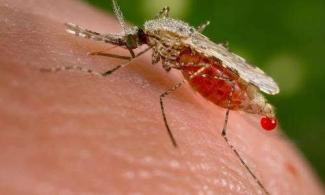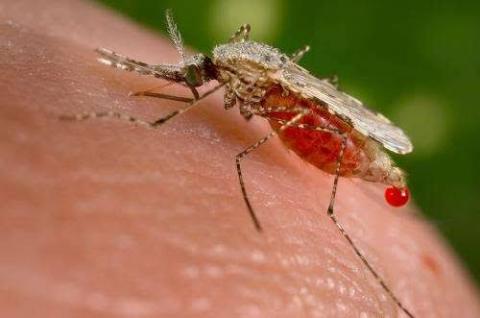
Young children are most vulnerable to the disease, with those under
the age of five accounting for 61% of the deaths.

Malaria Could Eliminated By 2050
Malaria could be wiped out as early as 2050 with the right tools,
enough funding and sufficient political will power, according to
scientists.
One of the world’s oldest diseases, there are over 200 million malaria
cases each year and the disease claims almost half a million lives.
Young children are most vulnerable to the disease, with those under
the age of five accounting for 61% of the deaths.
Now a new report – Malaria eradication within a generation: Ambitious,
achievable, and necessary – says the complete eradication of the
disease is within reach.
The Lancet Commission on malaria eradication was set up in 2017 in
partnership with the University of California, San Francisco (UCSF) to
investigate how to stamp out the disease.
Authored by 41 malariologists, biomedical scientists, economists, and
health policy experts, it found the global incidence of malaria has
dropped by 36% since 2000.
It also found fatalities had fallen by 60% in the last three years,
but that progress had stalled in the last three years.
Investment by governments and donors to tackle the disease have also
plateaued, peaking at 4.3 billion US dollars (£3.5 billion) in 2016.
While more than half of the world’s countries are now free from
malaria, the study found there has been a rise in malaria cases in 55
countries across Africa, Asia, and Latin America.
The research found that the large majority of new cases were recorded
in 29, mostly African countries, with Nigeria and the Democratic
Republic of Congo accounting for 36% of global cases.
The report’s authors are now calling for a package of tools, policy
initiatives and funding to try and stamp out the disease.
They propose a three-point plan to “bend the curve” in the fight
against malaria, including making better use of current malaria
control programmes.
Secondly, the scientists want to see the development of new tools,
vaccines, and drugs to fight the disease, as well as a funding boost
of two billion US dollars (£1.6 billion) to put the plan into action.
They argue that by wiping out malaria, it would overcome the problem
of “relentless evolution” of drug resistance by the disease and
insecticide resistance by mosquitoes.
The social and economic benefits to countries where malaria is common
would greatly exceed the cost, the report said.
Sir Richard Feacham, a co-chair of The Lancet’s commission on malaria
eradication, said: “For too long, malaria eradication has been a
distant dream, but now we have evidence that malaria can and should be
eradicated by 2050.”
Sir Richard, who is the director of the Global Health Group at UCSF,
added: “To achieve this common vision, we simply cannot continue with
business as usual approach.
“The world is at a tipping point, and we must instead challenge
ourselves with ambitious targets and commit to the bold action needed
to meet them.”
Dr. Winnie Mpanju-Shumbusho, a co-chair of the commission and a board
member of the RBM Partnership to End Malaria, said: “Despite
unprecedented progress, malaria continues to strip communities around
the world of promise and economic potential, UK Press Association
reports.
“This is particularly true in Africa, where just five countries
account for nearly half of the global burden.
“Malaria eradication is a public health and equity imperative of our
generation.”